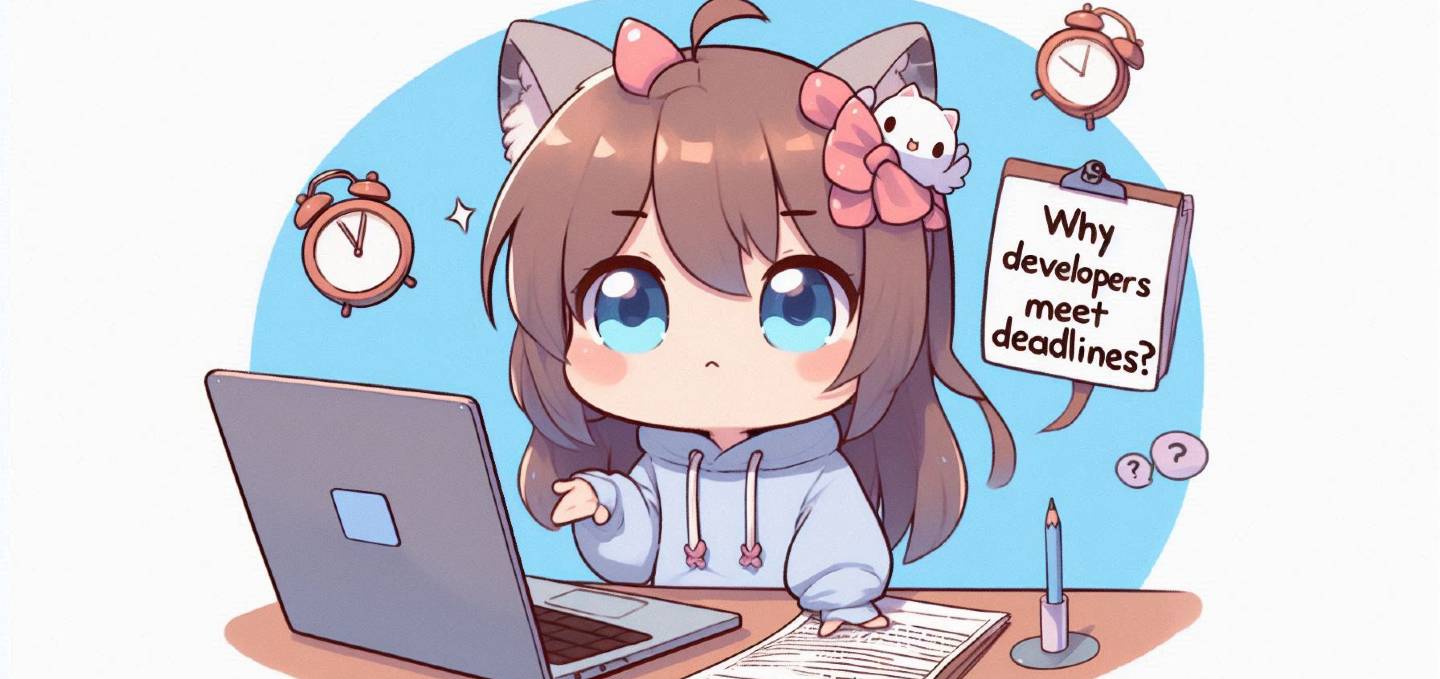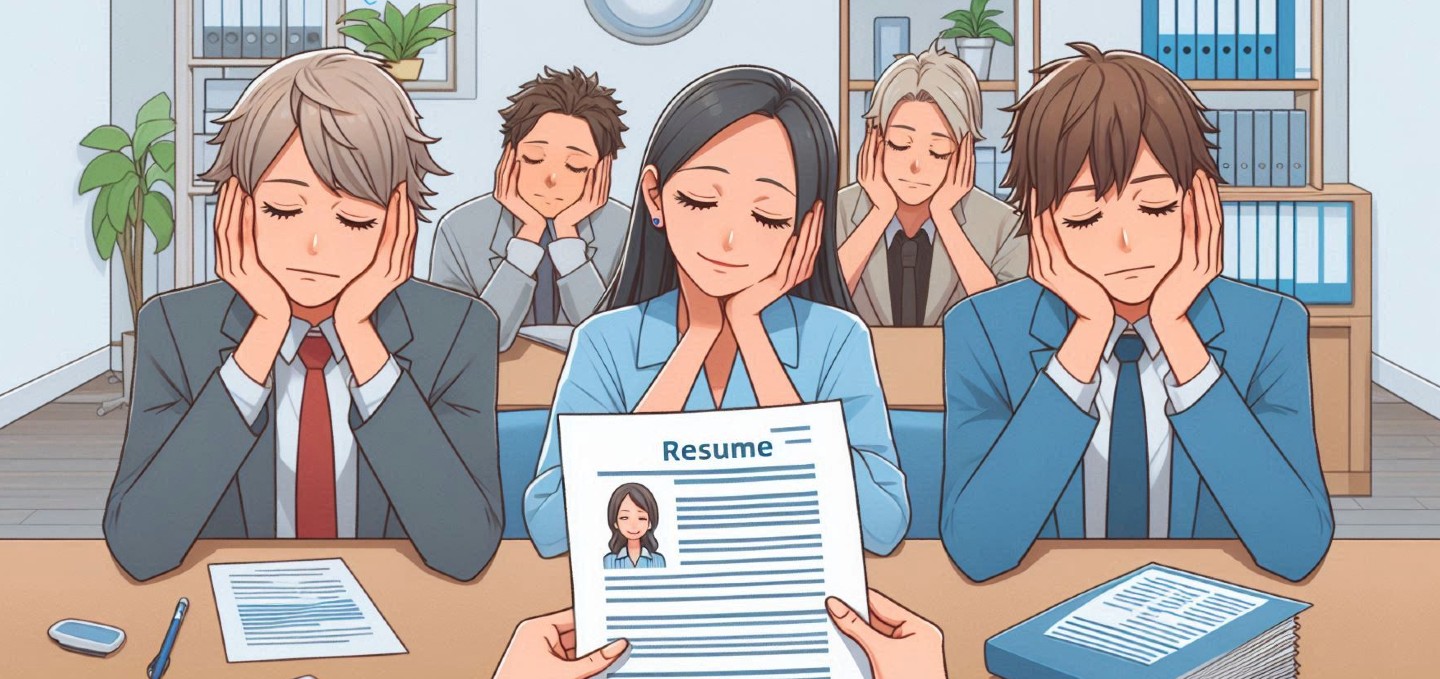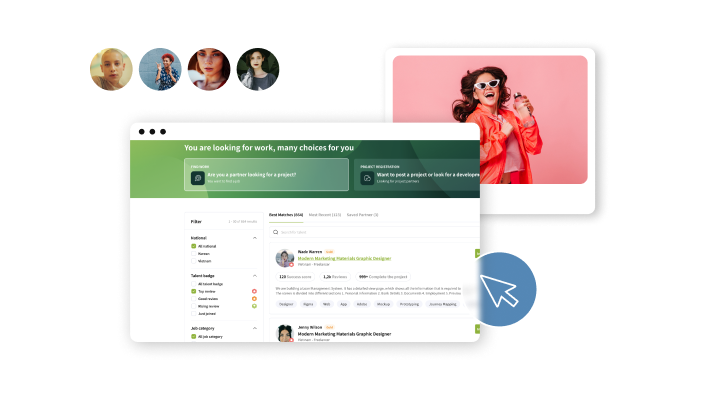- I just don’t think a regular job suits me, so I’m thinking about freelancing.
- It’s hard for me to deal with people at work. I’d rather work independently.
If you’ve ever had thoughts like these, you’re not alone. Many people turn to freelancing because they feel like they don’t fit into traditional workplaces. But choosing to freelance just because a full-time job feels uncomfortable is rarely a good idea.
Freelancing Takes More Than Just Skills
To succeed as a freelancer, you need more than just technical skills. You need to be able to find clients and earn their trust—on your own.
In other words, freelancing requires both strong skills and strong sales ability. Even if you're great at what you do, if you can’t bring in clients, you won’t get far. On the flip side, if you’re good at selling yourself but don’t deliver quality work, you’ll quickly lose credibility.
And here’s something to keep in mind: If you truly had rare and in-demand skills, your company would probably fight to keep you. They’d offer higher pay or special treatment—because you’d be that valuable. So if your company is fine with letting you go, it might mean you still have room to grow.
Where Do Clients Come From? Start with Your Network
So where do freelancers find their first clients? They almost always come from people you already know.
- Your current coworkers
- Managers or team leads
- Business partners or clients you’ve worked with
- Company executives
These people can become your "seed clients"—those who help you get your freelance career off the ground. If you’ve never worked in a company before, try working full-time first. Not just to make money, but to build relationships and credibility. Use that time to test different ways of introducing yourself and showing your value. Build a network of people who’d be happy to refer you to others.
Once you’ve planted and nurtured those seeds, freelancing becomes a lot more realistic.
So When Should You Start Freelancing?
There are two conditions that usually signal the right time to go freelance:
1. You have a rare or in-demand skill. If what you do is hard to find and lots of people need it, that’s a green light.
2. You already have potential clients. If someone’s willing to hire you right now, you’re ready to go.
If either one of these is true, it might be time to seriously consider freelancing.
(Of course, if you’re thinking about contract-based freelancing where a company places you on projects, this advice might not fully apply—but one thing always does: building trust with your network.)
Start Building Trust—Now
If freelancing is your goal, here’s the best thing you can do starting today: Practice earning trust from the people around you. Ask yourself:
- Do I follow through on what I say I’ll do?
- Am I someone others enjoy working with?
- Would people want to work with me again?
If the answer is “yes,” you’re on the right path. Freelancing shouldn’t be an escape—it should be a leap you’ve prepared for.














0 Bình luận
Bài viết này chưa có bình luận nào.
Hãy là người đầu tiên bình luận.Để lại bình luận